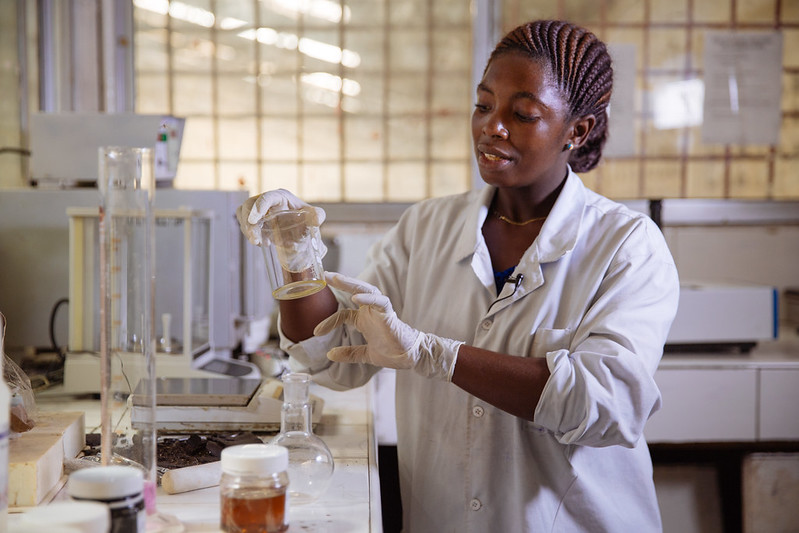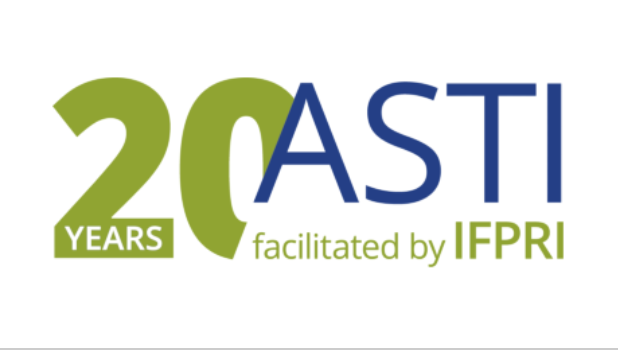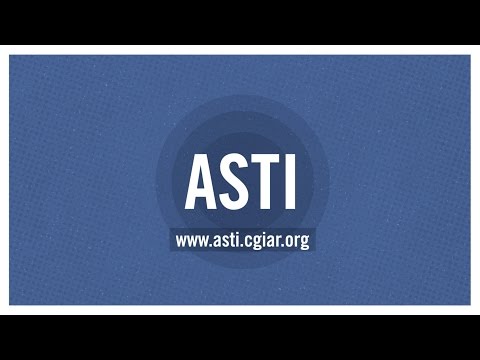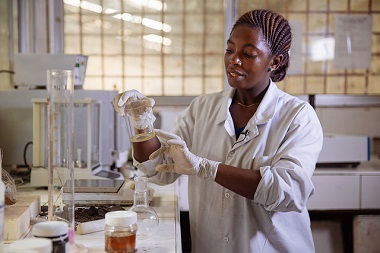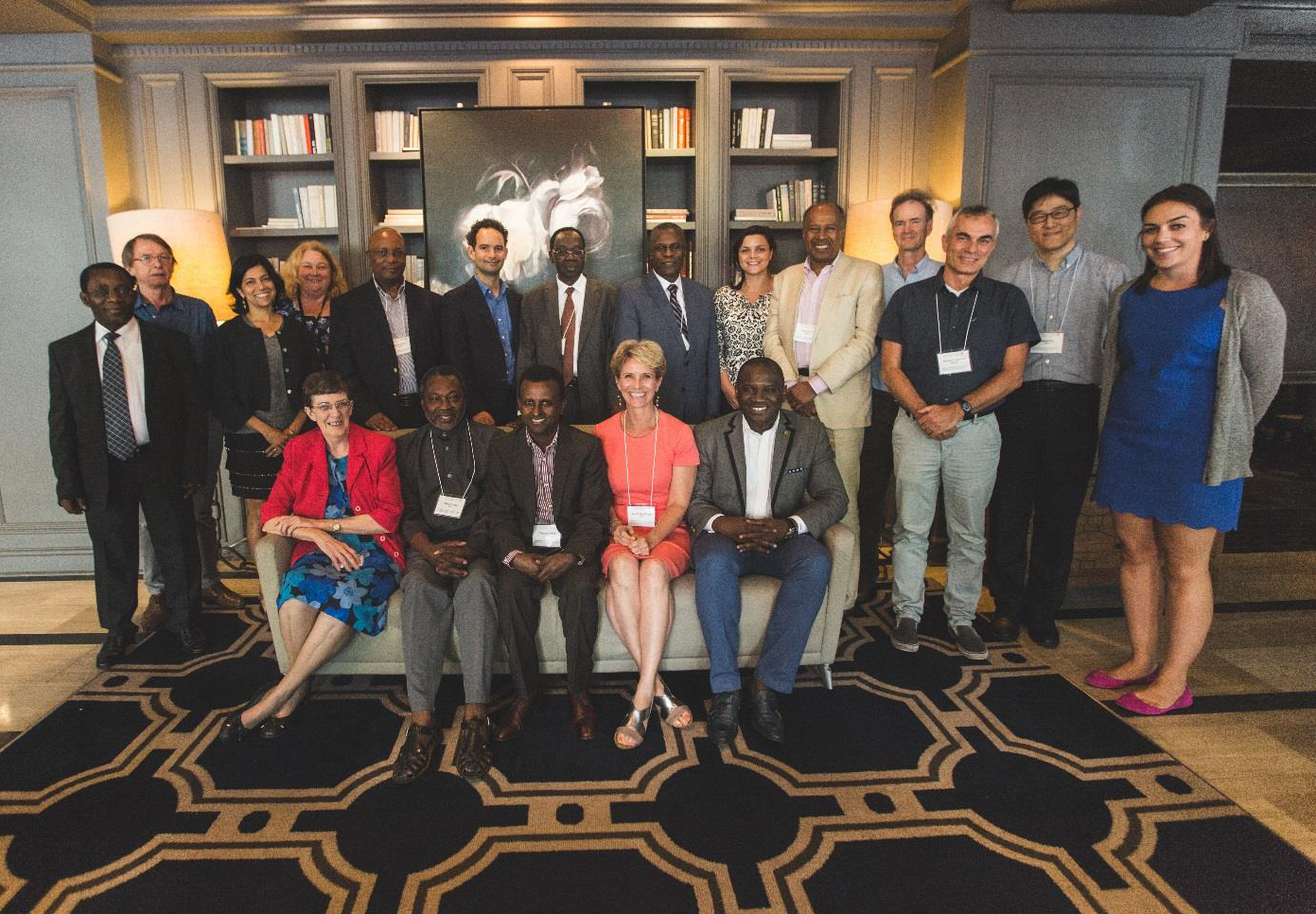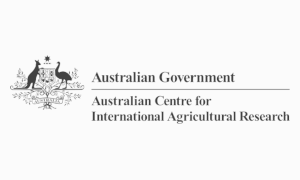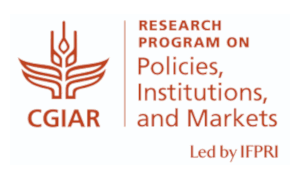Higher levels of investment in agricultural research are key to increasing agricultural production to meet global needs. Despite this, many low- and middle-income countries struggle with serious capacity and funding constraints in their agricultural research systems.
The Agricultural Science and Technology Indicators (ASTI) initiative, developed and led by IFPRI in 2001-2023, supplies open-source data on these systems across the developing world. ASTI has developed a vast network of national, regional, and international agricultural R&D agencies to collect data on institutional developments, investments, human resource capacity, and research outputs. This has enabled the creation of a comprehensive database covering over 90 low- and middle-income countries.
The data and analyses provided by ASTI have been instrumental in informing policy and investment decisions in agricultural research. By highlighting trends and gaps in R&D investments and capacities, ASTI has helped policymakers prioritize and allocate resources more effectively. Among many examples, ASTI data on aging scientists helped prompt the lifting of recruitment restrictions in Benin; in Nepal, it informed significant increases in the national budget for agricultural R&D; and in Kenya, it contributed to the consolidation of four research organizations into a single, more efficient institute (see more here). A more recent example of ASTI’s application is the ongoing collaboration with the African Union to strengthen how progress in agricultural R&D is measured across the continent through the CAADP biennial reviews. The ASTI team at IFPRI/CGIAR developed a new index that offers a more holistic assessment of R&D system performance—moving beyond the traditional benchmark of investing 1% of AgGDP. CGIAR continues to work closely with the CAADP and FAO teams to incorporate this index into the biennial review process under the new Kampala phase of CAADP.
Through its collaborative approach, ASTI has strengthened the capacity of national agricultural research systems to collect and analyze data. This has improved the quality and reliability of agricultural R&D statistics in participating countries.
In a significant development, in 2023, ASTI transitioned to the Food and Agriculture Organization of the United Nations (FAO) to ensure the long-term continuity of ASTI’s valuable agricultural research data. FAO is now integrating ASTI data collection into its existing network of national statistical offices (NSOs).
Visit ASTI website for historic information, data, tools, and publications produced before 2020. For the most current information on ASTI, visit the FAO website.




